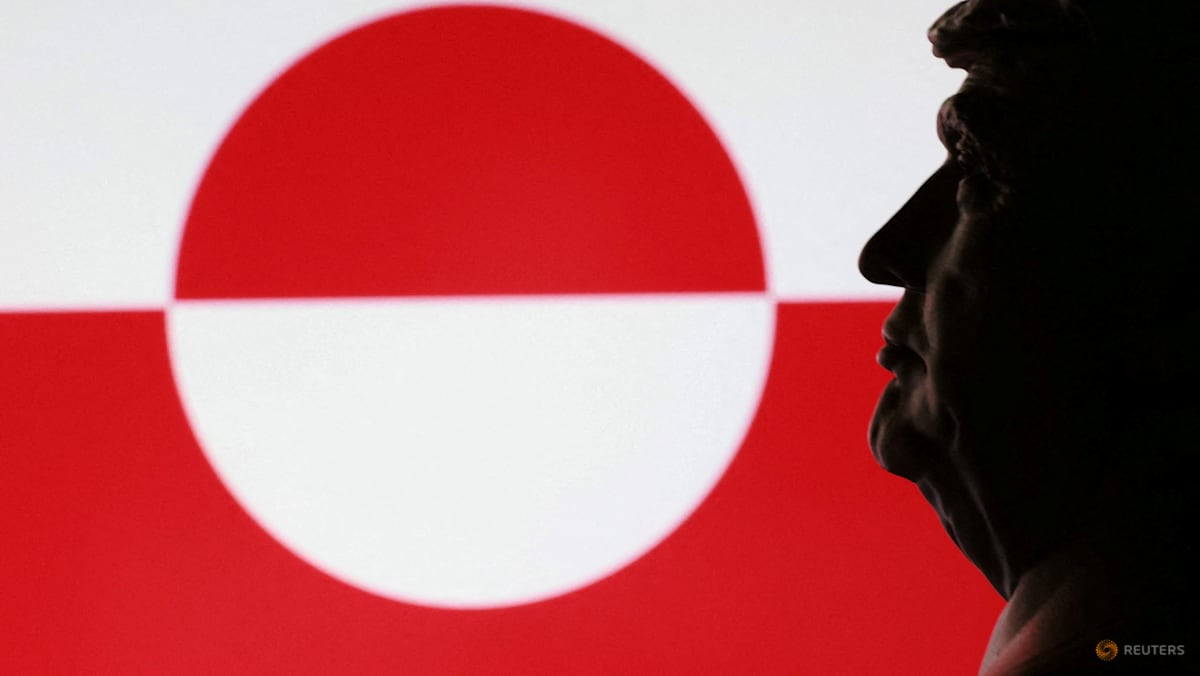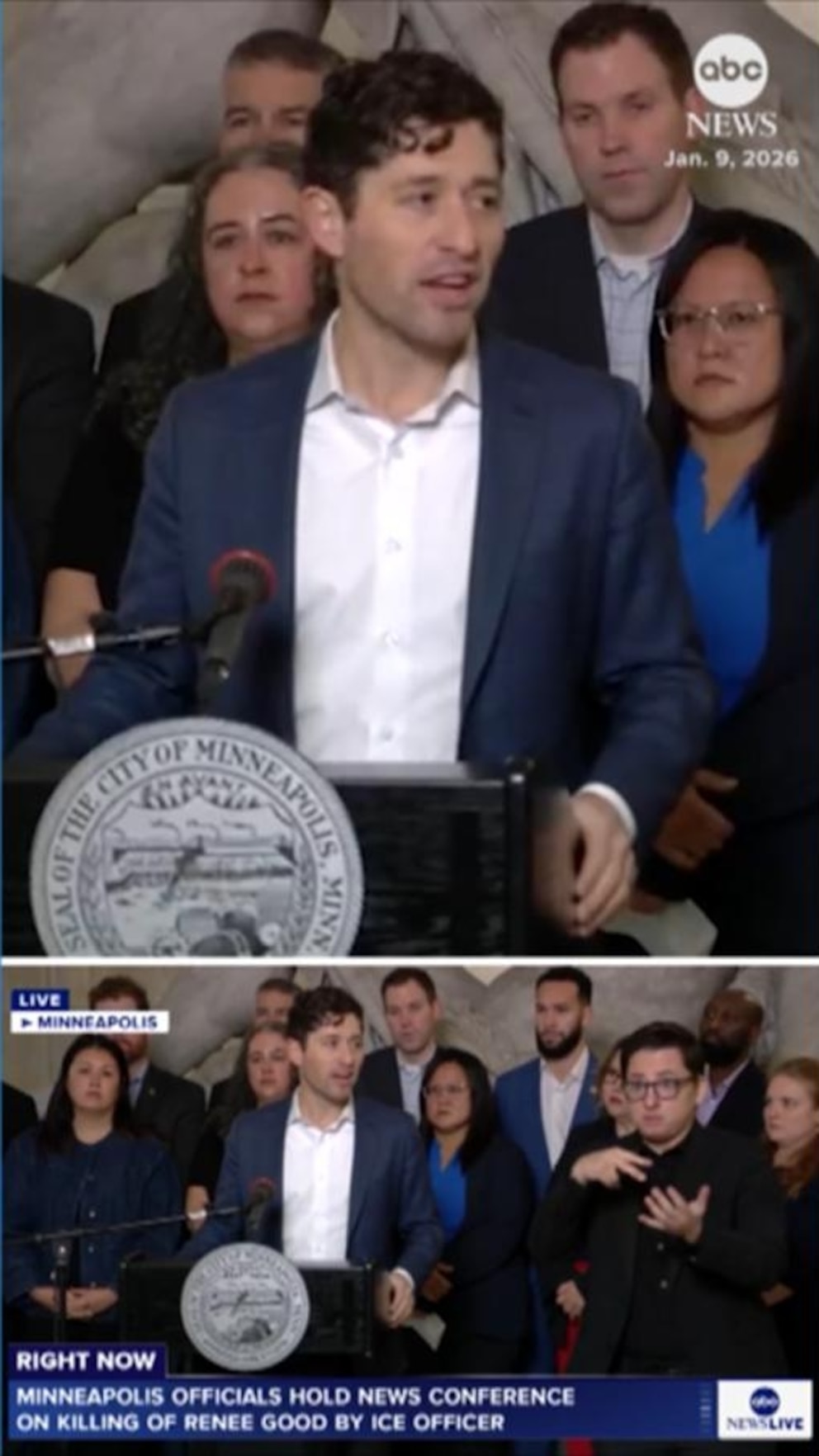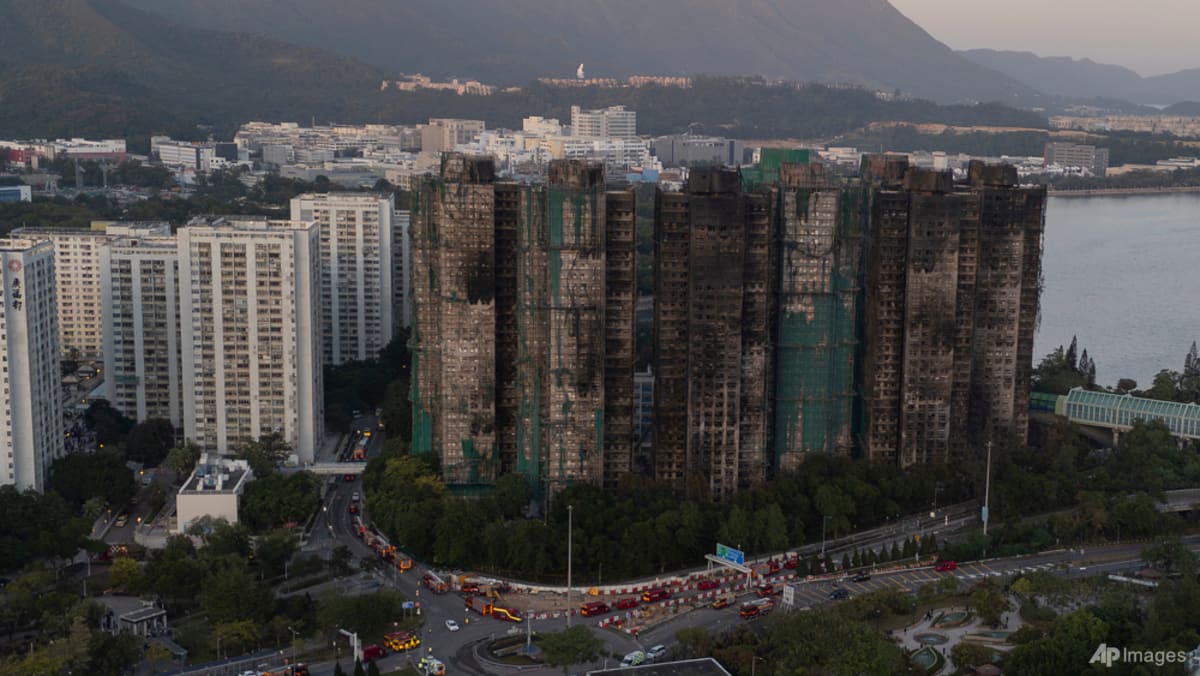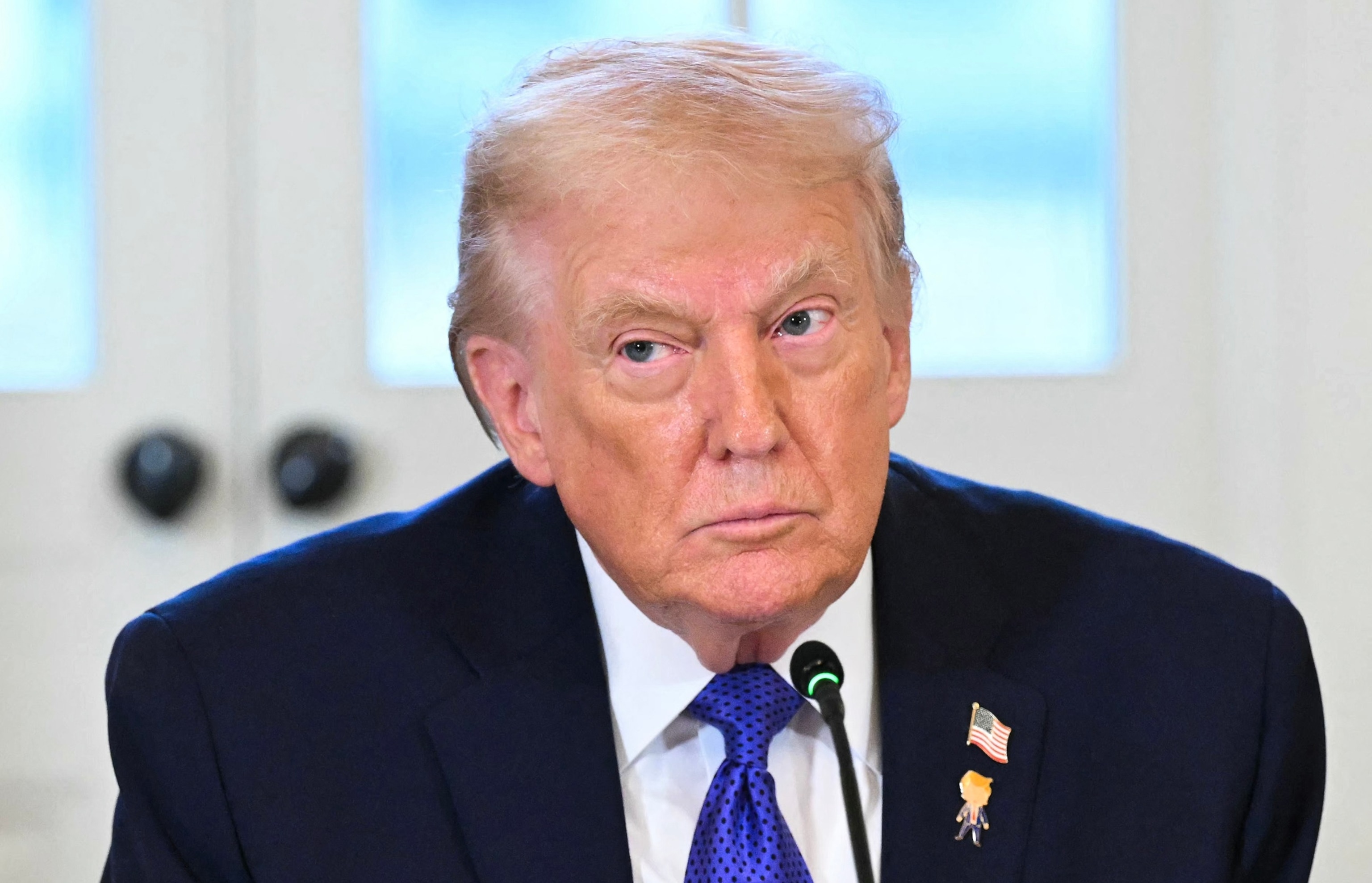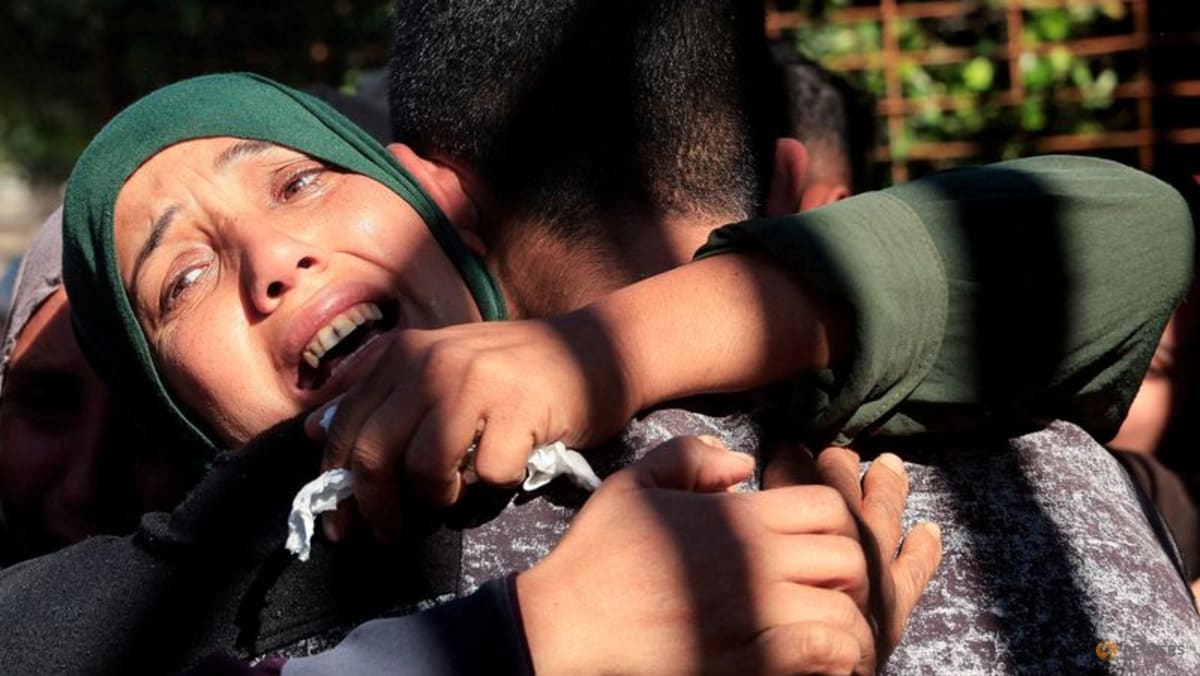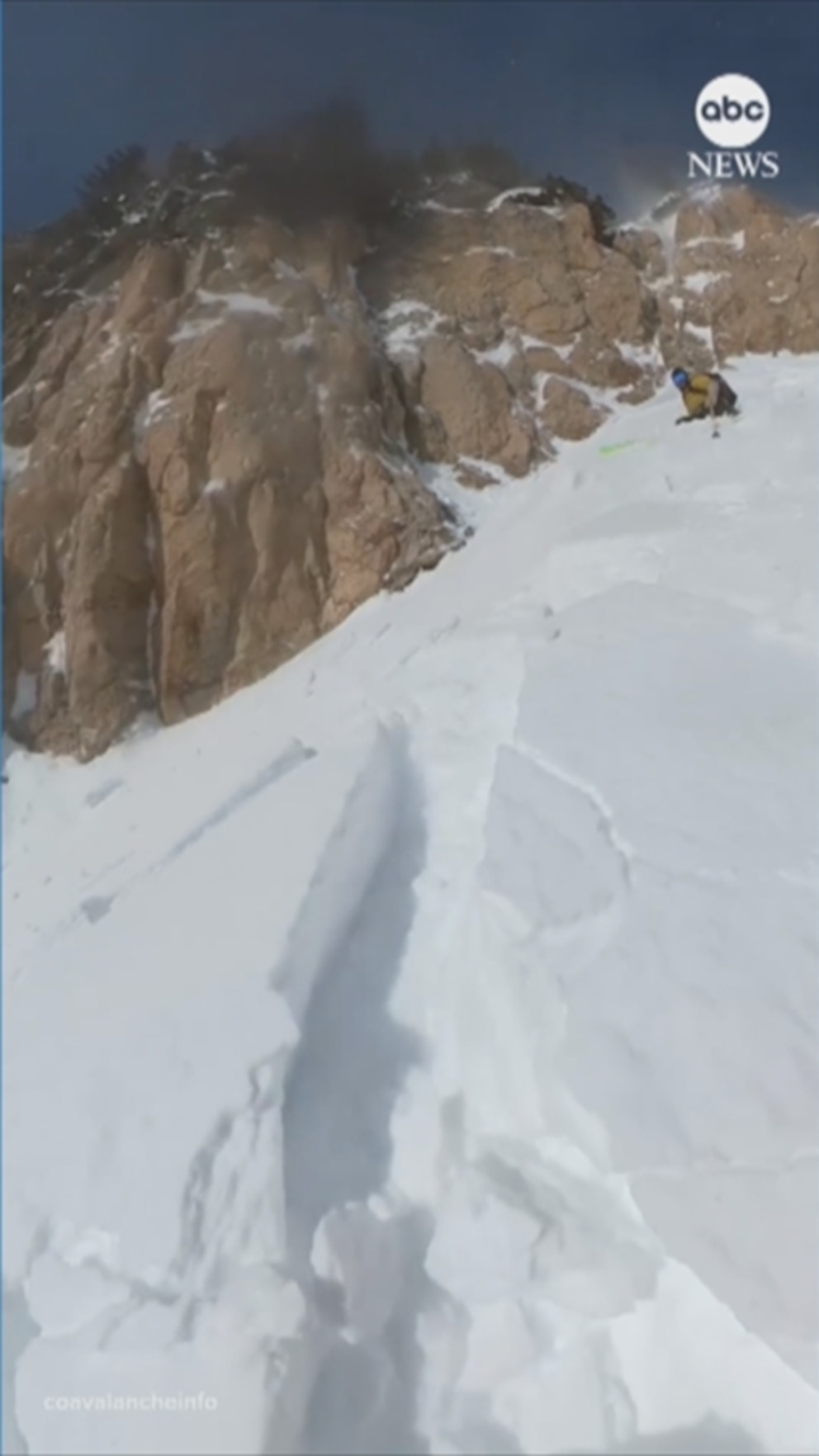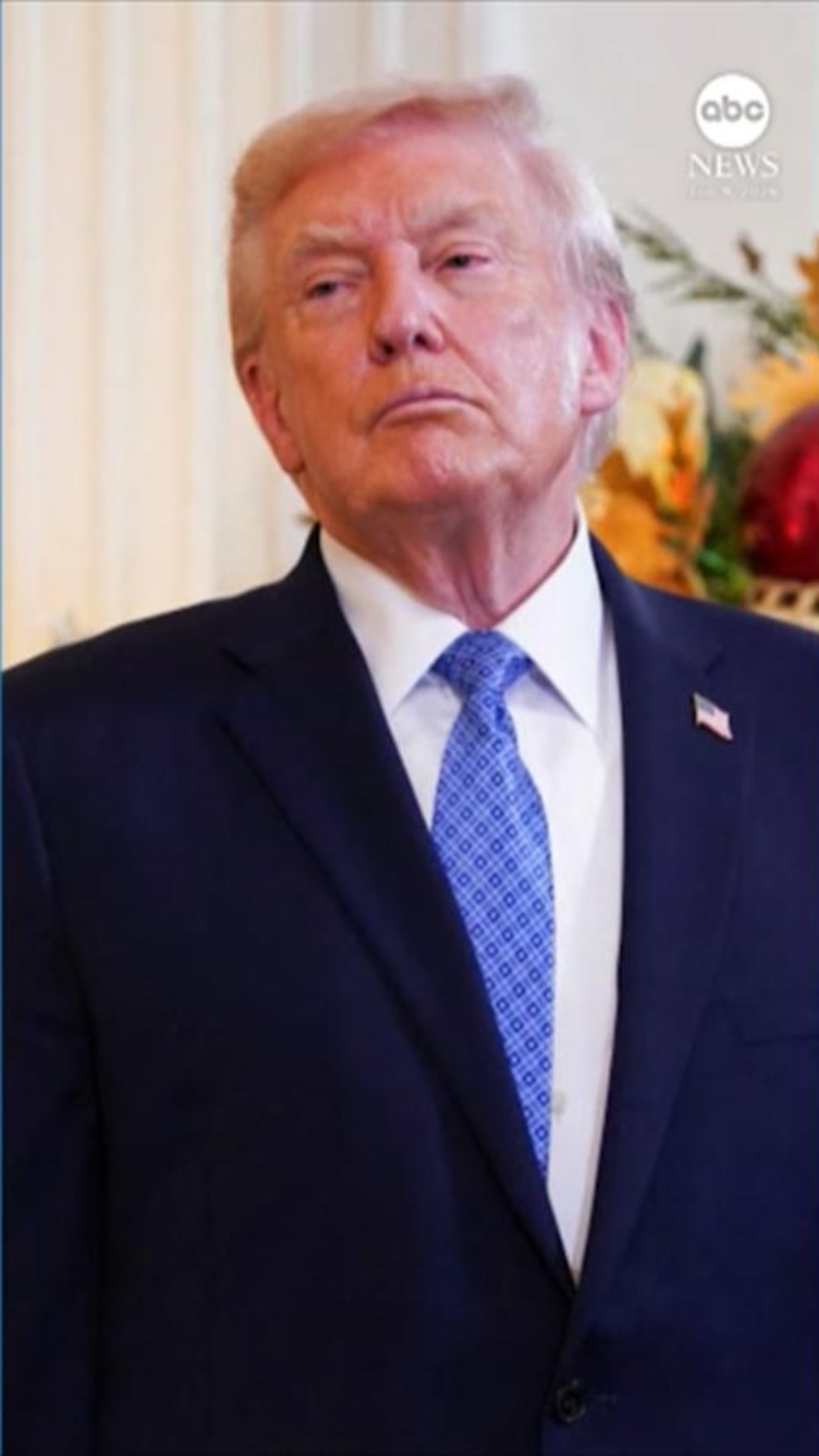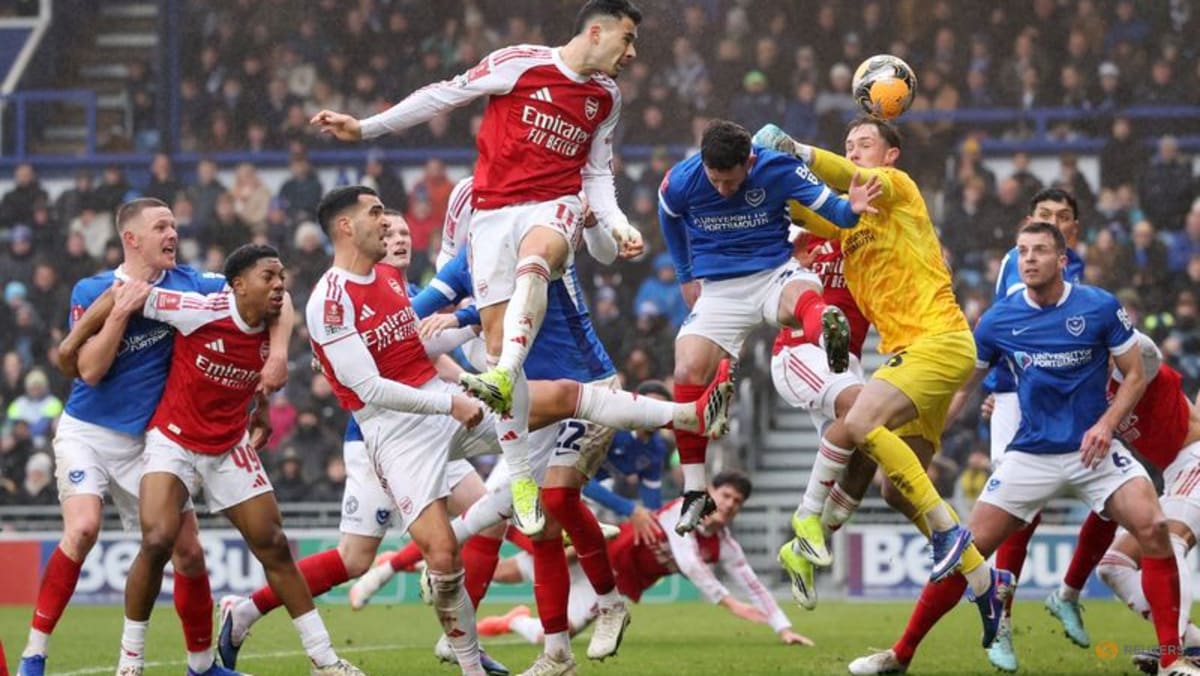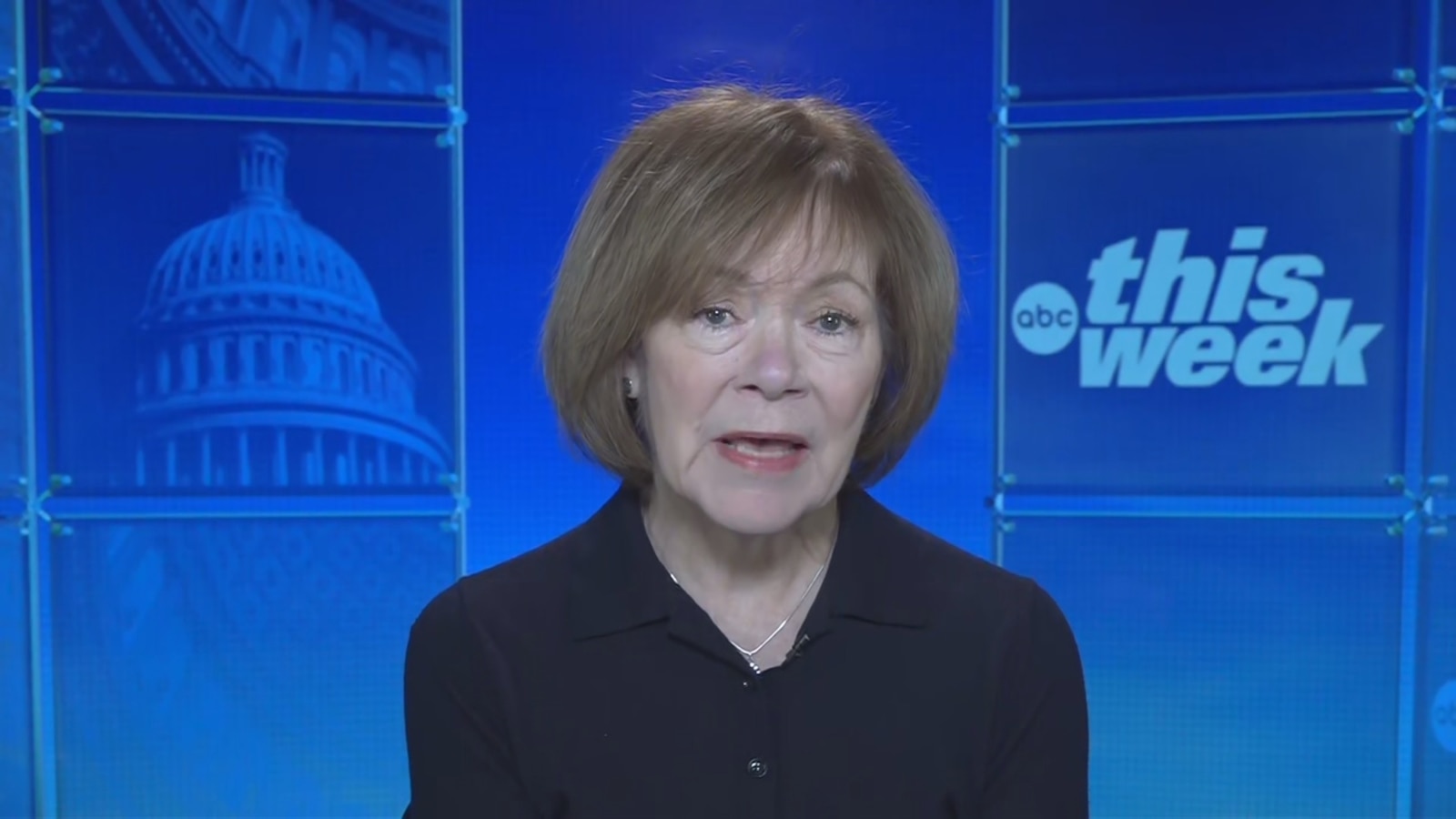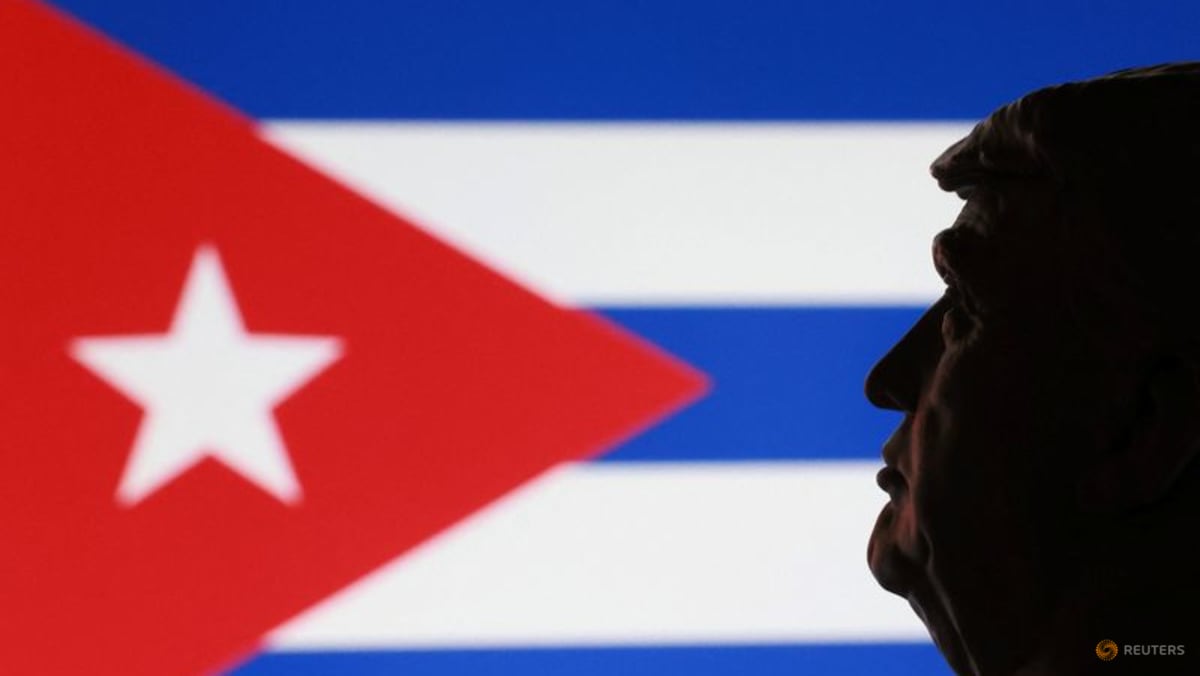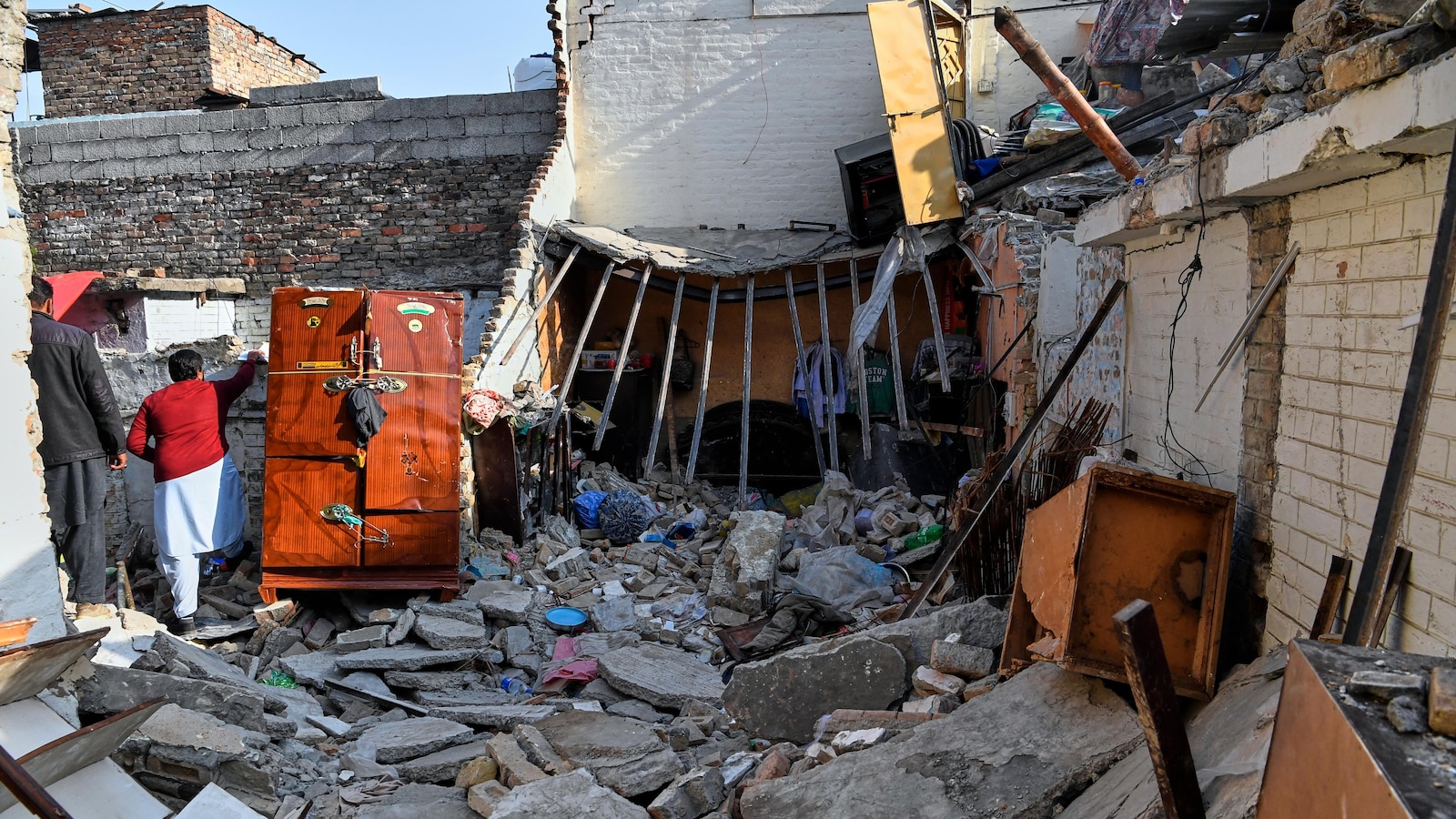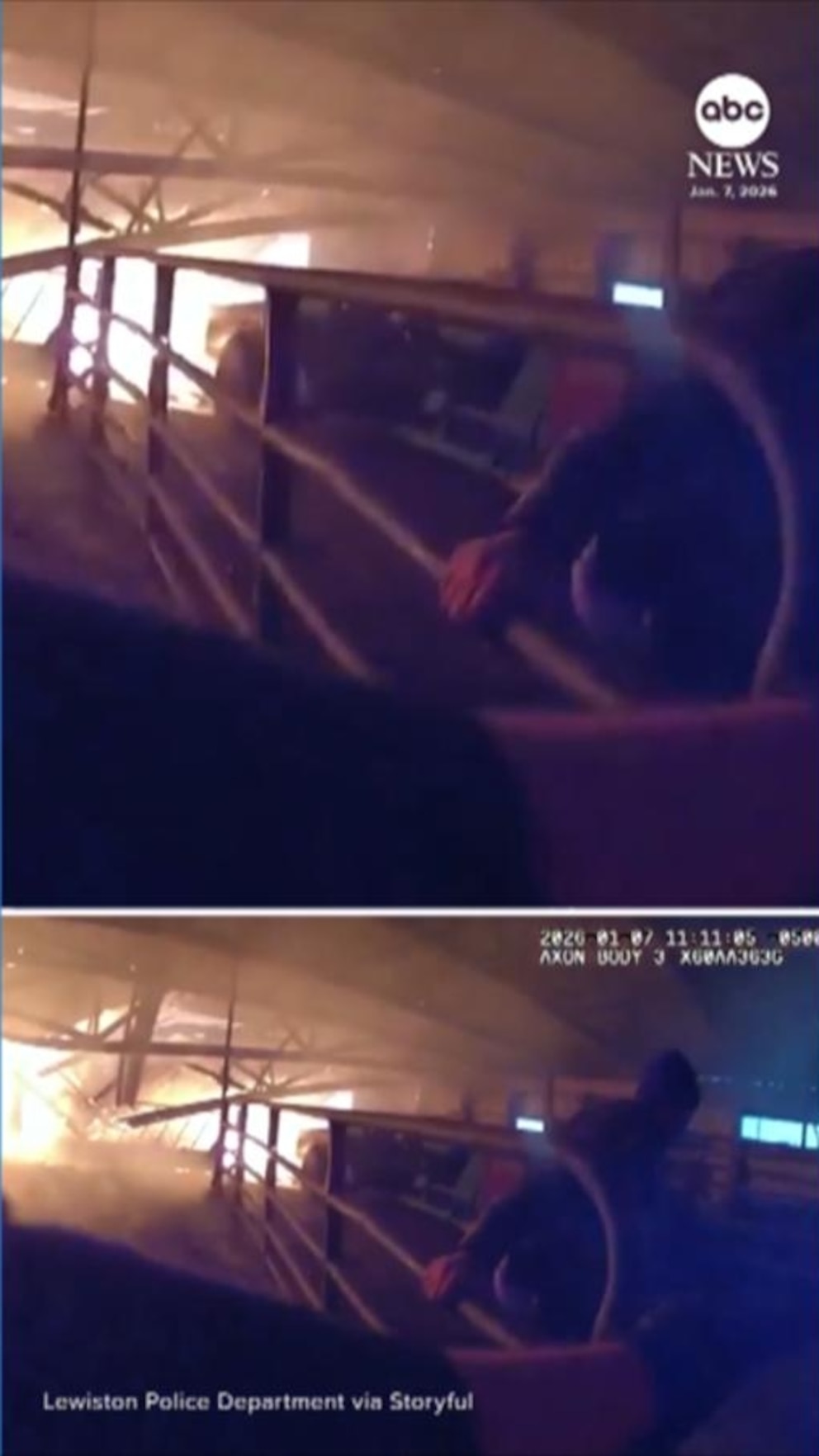UK’s Boris Johnson and the ‘partygate’ scandal
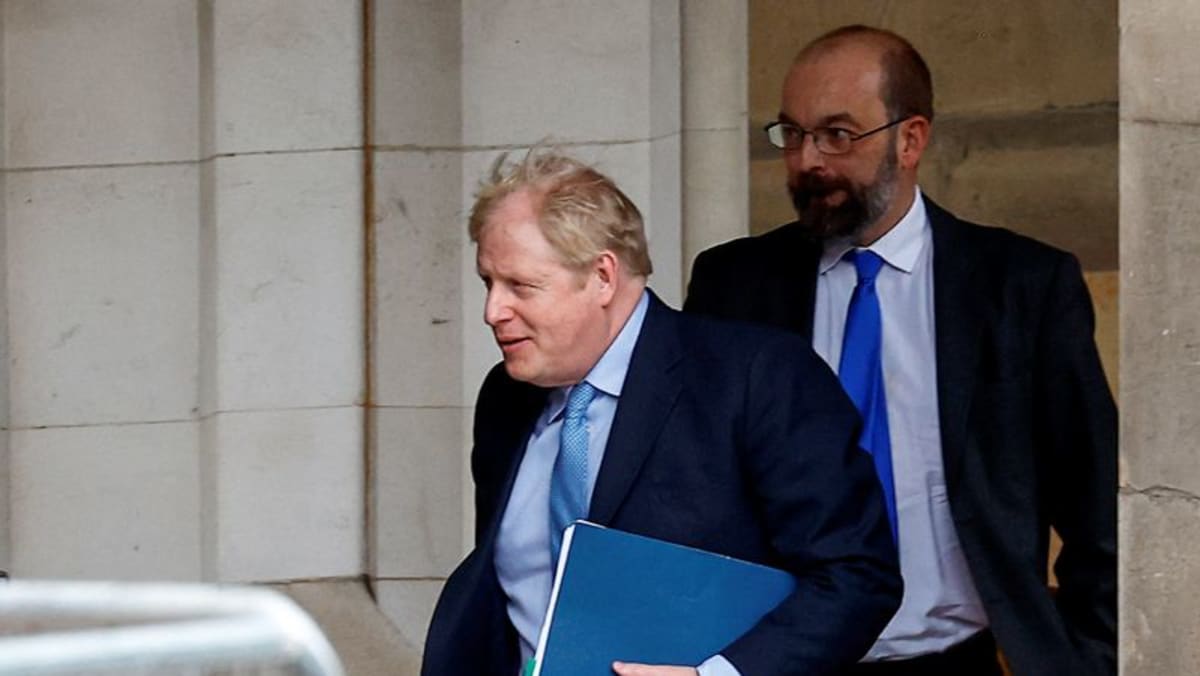
LONDON: Britain’s Boris Johnson should be excluded from parliament for deliberately misleading lawmakers over rule-breaking COVID-19 lockdown parties at his office, a committee said on Thursday (Jul 15) in a damning report the former leader described as “rubbish”.
Below is a timeline of the events surrounding what has been dubbed “partygate” by the media.
2021
Nov 30 – The Mirror newspaper reports Christmas parties took place in government offices, including Johnson’s No. 10 Downing Street, in December 2020, when such gatherings were banned.
Dec 1 – Johnson, asked about a December 2020 party, tells parliament: “All guidance was followed completely in No. 10.”
Dec 7 – ITV News publishes a leaked video showing Johnson’s staff joking during a mock news conference over how to explain a gathering in Downing Street.
Dec 8 – Johnson tells parliament: “I have been repeatedly assured since these allegations emerged that there was no party and that no COVID rules were broken.”
Dec 9 – The government launches an inquiry into the alleged gatherings.
2022
Jan 10 – ITV publishes an email sent by Johnson’s top aide to more than 100 Downing Street employees in May 2020, inviting them to “socially distanced drinks in the No. 10 garden … and bring your own booze!”
Jan 12 – Johnson tells parliament he attended a gathering on May 20, 2020 in the Downing Street garden and apologises, saying he believed “implicitly that this was a work event”.
Jan 14 – Johnson’s office apologises to Queen Elizabeth after it emerged staff partied late into the night on the eve of her husband Prince Philip’s funeral in April 2021, when mixing indoors was banned.
Jan 31 – Senior civil servant Sue Gray, who is leading the government’s inquiry, publishes interim findings which point to “serious failures of leadership” and condemn the behaviour.
Apr 12 – Police issue an initial 50 fines over the gatherings, including to Johnson, his wife Carrie, and then finance minister Rishi Sunak. Johnson rejects calls to resign.
Apr 19 – Johnson apologises to parliament and says he had not deliberately misled them.
Apr 21 – Lawmakers, including from Johnson’s own party, back an opposition motion that his statements “appear to amount to misleading the House” and should be investigated by its Committee of Privileges.
May 19 – The police hand out 126 fines relating to eight dates when events were held at Downing Street and the Cabinet Office.
May 25 – Gray publishes her full findings, which do not specifically blame Johnson.
Jun 6 – Johnson survives a confidence vote of his Conservative Party’s lawmakers but faces a large rebellion, with only 59 per cent backing him.
Jul 7 – Johnson quits as prime minister, after another scandal – involving the appointment of a minister who had been accused of sexual misconduct – triggers the resignation of two cabinet ministers.
Jul 15 – The Privileges Committee requests diaries, emails, photos and mobile phone messages from Johnson’s office as part of its inquiry.
2023
Jan 11 – ITV reports in a podcast that Johnson joked to staff “this is the most un-socially distanced party in the UK right now”, during a boozy No. 10 leaving do.
Feb 3 – Johnson says in interview “anybody who thinks I was knowingly going to parties that were breaking lockdown rules in No 10, and then knowingly covering up parties that were illicit that other people were going to … they’re out of their mind.”
Mar 3 – Privileges Committee says evidence it has so far “strongly suggests that breaches of guidance would have been obvious” to Johnson at the time he was at the gatherings.
Mar 22 – In a combative public hearing, Johnson tells the committee that “hand on heart” he did not lie to parliament.
May 23 – The Cabinet Office says Johnson has been referred to police over further potential breaches of lockdown rules, which he denies
Jun 9 – Johnson resigns from parliament after receiving details of the upcoming report from the committee. He calls the investigation a witch hunt.
Jun 15 – The report is published. It says Johnson intentionally mislead parliament on several occasions and recommends he be denied automatic access to parliament usually granted to former lawmakers.
He calls the report “rubbish”, “a lie” and “a charade”, and accuses committee members of waging a vendetta against him.
Source: CNA


